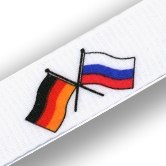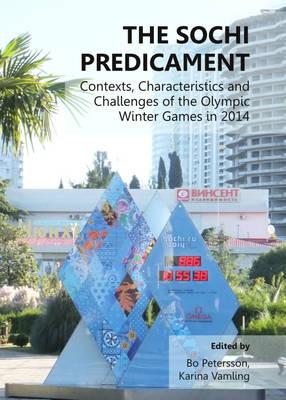Billions of people around the world watch the Olympics and even more viewers tune in to the World Cup soccer championship. These events not only draw large audiences, but many people are willing to interrupt their daily schedule to watch them.
Such games are always a mix of commerce and politics. Traditionally, big cities in Western countries with developed democracies and advanced market economies hosted such events in an effort to boost their international profile on the global tourist market, hopefully influencing more visitors to vacation nearby while spending money in local hotels and restaurants. Of course, national leaders recognized the political possibilities of the Olympic Games early on. Hitler used the 1936 Berlin Olympics to promote Nazism while Japan welcomed the world to Tokyo in 1964 to announce its return to the international community after World War Two. The Soviets recognized the propaganda possibilities when they joined the Olympic movement in 1952, and they hoped to showcase socialist successes in Moscow in 1980, although the invasion of Afghanistan and the subsequent U.S. boycott crimped their plans.
Vladimir Putin, an avid sportsman, needed little convincing that bringing the Olympics back to Russia was a good idea. Most likely the idea for hosting the Olympics, and the enormous construction projects associated with them, developed with the input of oligarch Vladimir Potanin and Krasnodar Krai governor Aleksandr Tkachev, but Putin has since made the Sochi mega-event a personal priority. The games serve three primary functions for his regime: building Russia’s international image, defining the priorities of regional development, and maintaining regime support among important elite groups and the masses. […]
Sochi 2014: The Political Economy of Russia’s Mega-Projects
PONARS Eurasia Policy Memo No. 289
By Robert Orttung










